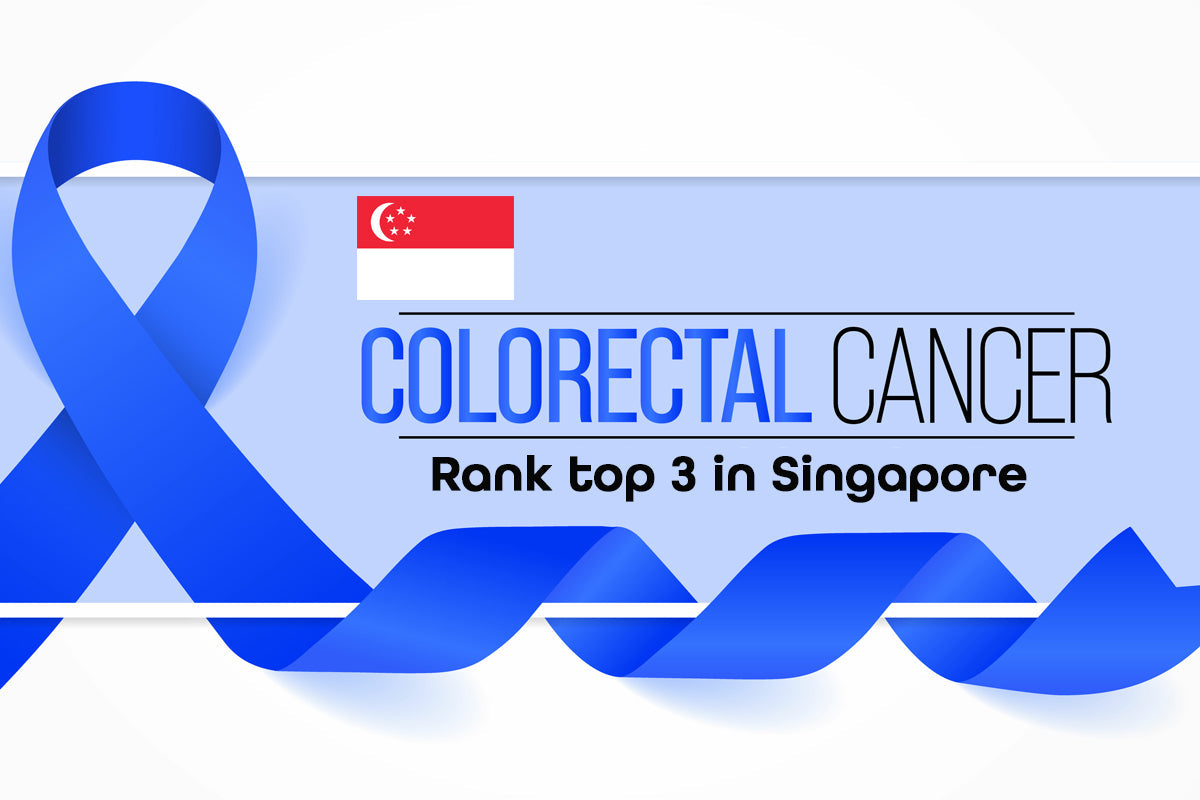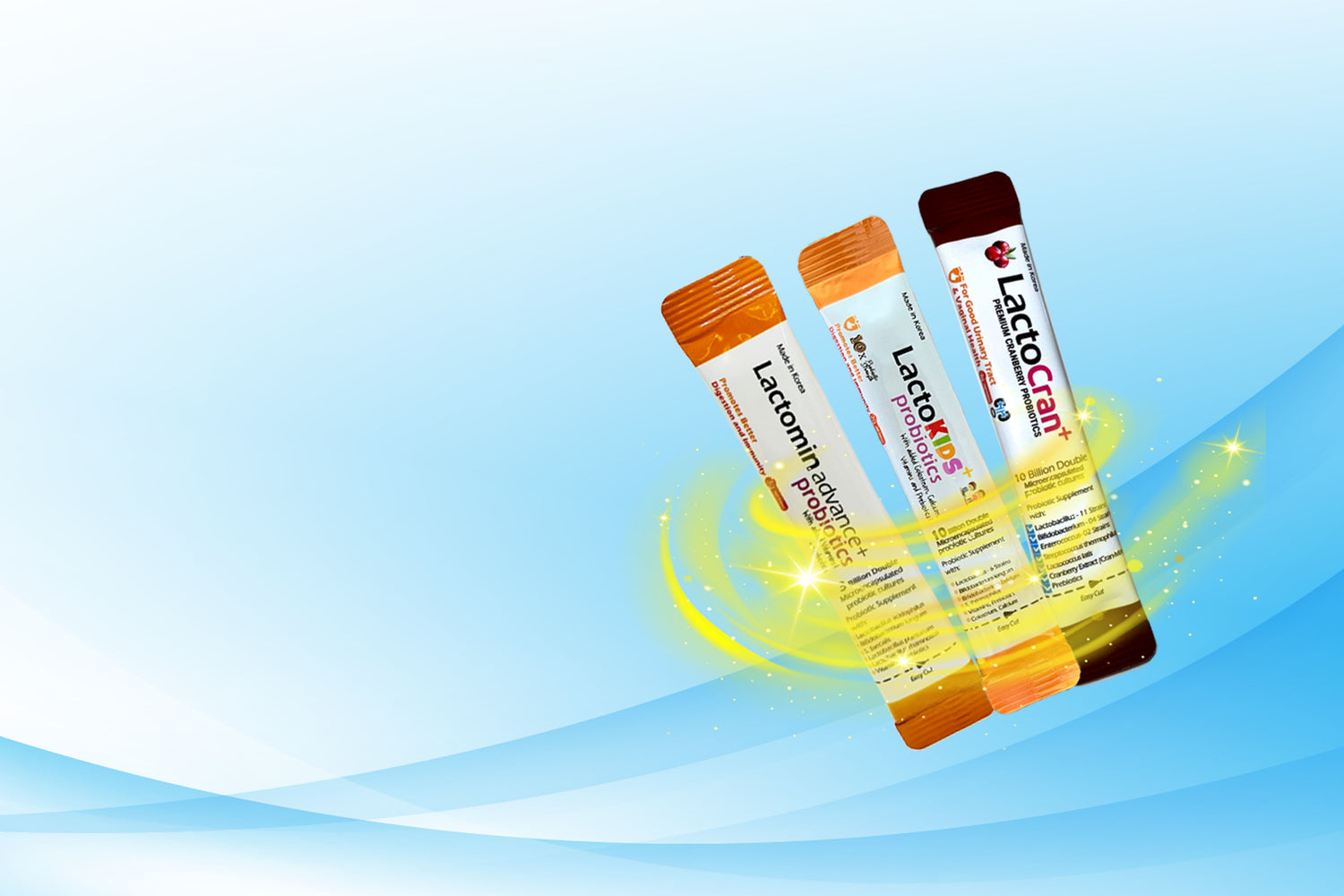Colon cancer ranked as TOP Cancer in Singapore

Colorectal cancer is Singapore's top killer, affecting more than 1,865 cases each year. Colorectal cancer usually starts as a non-cancerous polyp (a growth of tissue) on the inner lining of the colon or rectum which may develop into cancer over time. This is why screening using colonoscopy is important as the polyp can be detected and removed before it becomes cancerous. Screening for colorectal cancer saves lives.
Symptoms include:
- Constipation
- Diarrhoea
- Changes in stool colour or shape
- Blood in your stool
- Bleeding from the rectum
- Abdominal pain
- Weakness and fatigue
- Unexplained weight loss
Why is colon cancer so common in Singapore?
- People are roughly 3kg heavier today than they were 15 years ago
- Obesity rates are rising and could reach as high as 15% in the next 7 years
- Smoking among people aged 18 – 29 has increased by 33%
- The per capital alcohol consumption nearly trebled from 2005 to 2015, with 9.6% of people now regularly binge drinking
- 59% of people eat more than their daily recommended calorie intake
- Approximately 400,000 people are diabetic
1. Stop smoking: Each puff of a cigarette contains more than 60 cancer-causing carcinogens.
2. Limit alcohol intake: Alcohol can act as an irritant. Damaged cells may try to repair themselves, which could lead to DNA changes in the cells. In the colon and rectum, bacteria can convert alcohol into large amounts of acetaldehyde, a chemical that has been shown to cause cancer in lab animals. Men should limit their intake to two alcoholic drinks and women to one alcoholic drink a day.
3. Exercise regularly: One hypothesis is that high levels of insulin or insulin-related growth factors in obese people may promote colon cancer development. Maintain a lower end of body mass index (BMI) to reduce the risk of getting colorectal cancer.
4. Watch the diet: Avoid excessive consumption of food consisting of red and processed meats with presence of animal fats like those found in ham, bacon, sausages and local delicacies, bak kwa are some examples. It is recommended that you limit your intake to 500 gram of cooked meat per week with large portions of fresh greens and fruits per meal.
Probiotics and Colon Cancer, is it somehow linked in prevention?
Research has been conducted to explore the role of probiotics in colon cancer prevention. How gut microbiota influence the development of colon cancer is unclear but the gut micro biome contributes colon cancer through initiation of inflammation.
Researchers suggested that the prevention of colon cancer might occur through intervention of synbiotics (prebiotic+probiotic) that allow certain substantial changes in the gut micro biota. (Lactomin and Lactokids probiotics have FOS added as a prebiotic with probiotics)
According to Roberfroid prebiotics are defined as “These are the non-digestible food ingredient that beneficially affect the host by selectively stimulating the growth and/or activity of one or a limited number of bacteria in the colon, and thus improves host health.”
Animal and human studies showed that fructooligosaccharides (FOS) are able to act as good substrates for the bifidobacteria spp because of β-fructoisidase activity and for E. coli and C. perfrigens they act as bad substrates. FOS feeding is also associated with a rise in population of lactobacilli and bifidobacteria and decreases the population of pathogens such as C. perfrigens.
The reason behind is bifidobacteria can able to produce acetic acid and lactic acid will lead to decreases in intestinal pH, which restricts further the proliferation of pathogens and other putrefactive bacterias which are concerned with faecal enzyme like nitroreductase, decarboxylase etc in stools with a deep impact on the metabolism of carcinogenic substances like N-nitroso compounds, phenolic products of tyrosine and tryptophan and metabolites of biliary steroids etc. (Bifidobacteria is present in Lactomin and Lactokids) Hence FOS can able to enhance bifidobacteria and could act as a protective factor against colon cancer.
In another study rats associated with human feaces fed with active diet containing synbiotic mixture of dietary inulin (5%w/w) and Bifidobacterium longum; and they observed 55% lower fecal β-glucoronidase activity and 30% lower ammonia concentrations, when compared to the control rats. (Bifidobacterium longum is one of the probiotic strains in Lactomin and Lactokids probiotics)
Probiotic studies have clearly shown that microencapsulated Lactobacillus acidophilus preparation upon oral administration at a range of (109-1011 cfu/ml) daily reduces the tumor size, multiplicity and cancer progression in mice model. This study showed that probiotic could be able to modulate the gene expression of APC in colonocytes.
(Lactomin and Lactokids probiotics are uniquely double microencapsulated to protect the probiotic strains and achieve optimal delivery of strains) Results in the experimental studies (a rat model study) show that upon supplementation of probiotic L. acidophilus, along with meat diet, which contain 72% beef, it is observed that there is a nearly 50% decrease in activities for faecal enzymes like β-glucuronidase and nitroreductase.
Another research on L. acidophilus strain, through an experimental animal model study, also demonstrated that consumption of such strain leads to a decrease in faecal enzymatic activities like nitroreductase, azoreductase, and β-glucuronidase [124,125]. According to (Gorbach 2000) the suppression of bacterial enzyme activities like urease, β-glucuronidase, nitroreductase, hydrolase and tryptic activity was noted upon Lactobacillus rhamnosus administration.
In addition, dietary ingestion of Bifidobacterium longum (lyophilised culture) showed that there is a significant suppression in tumor multiplicity as well as a decrease in the size of tumor volume.
It also alters the intermediate biomarkers of colon cancer, thereby providing strong anti-tumor activity and in another study, it was noted that expression levels o ras-p21(oncoprotein) and cell proliferation in colonic mucosa cells was decreased. Upon addition of B. longum to the rat diet and thereby providing anti-tumor activity. Probiotics like Bifidobacterium and L. plantarum, have shown significant role in the anti-genotoxicity effect.
Experimental evidence indicates that these two probiotics show decreased faecal water associated genotoxicity towards HT-29 cells, thereby proposing that above mentioned probiotics may be to prevent the initial stages of colon cancer. (Bifidobacterium and L.plantarum are also found in Lactomin and Lactokids probiotics) All of above scientific evidences and various in vitro and in vivo based studies indicate that use of probiotics may prevent the risk of colon cancer.

